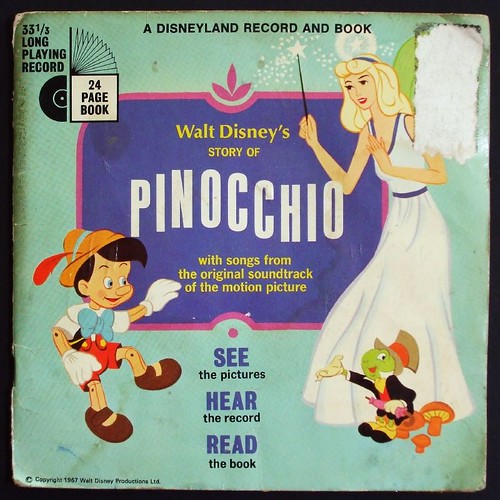Lie to Me: Can the tv show teach you to detect lies?
.
“Lie to Me viewers were no better at distinguishing truths from lies but were more likely than control participants to misidentify honest interviewees as deceptive.”
The new television series Lie to Me portrays a social scientist solving crimes through his ability to read nonverbal communication. Promotional materials claim the content is based on actual science. Participants (N = 108) watched an episode of Lie to Me, a different drama, or no program and then judged a series of honest and deceptive interviews. Lie to Me viewers were no better at distinguishing truths from lies but were more likely than control participants to misidentify honest interviewees as deceptive. Watching Lie to Me decreases truth bias thereby increasing suspicion of others while at the same time reducing deception detection ability.
Source: “The Impact of Lie to Me on Viewers’ Actual Ability to Detect Deception” from Communication Research
Join over 262,000 readers. Get a free weekly update via email here.
Related posts:
How To Get People To Like You: 7 Ways From An FBI Behavior Expert
New Neuroscience Reveals 4 Rituals That Will Make You Happy
New Harvard Research Reveals A Fun Way To Be More Successful




